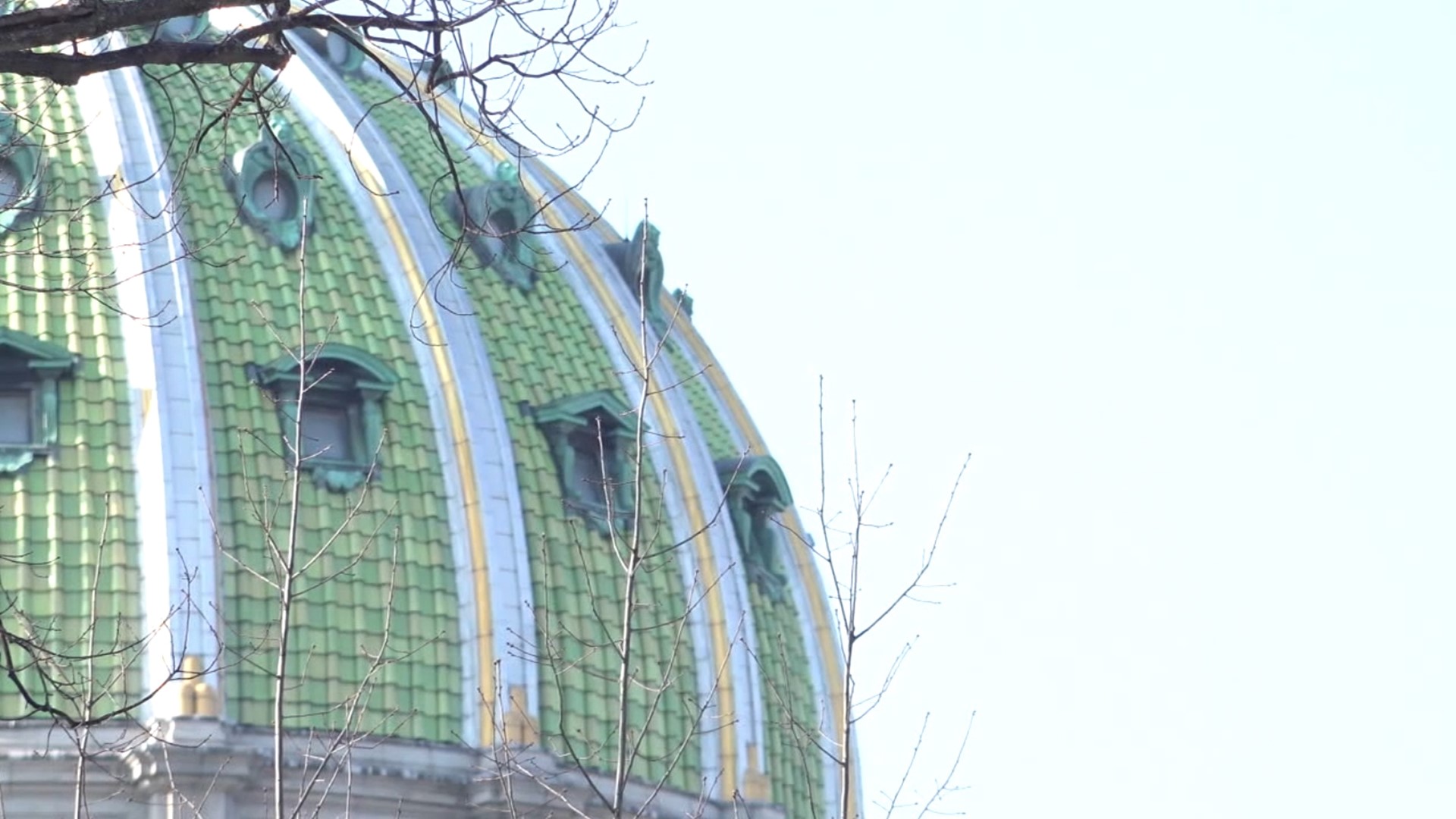HARRISBURG, Pa. — In late November, more than $51 million in Pennsylvania house funds was transferred from various accounts to a Republican-controlled account.
House Democrats condemned the action, saying outgoing Speaker of the House Bryan Cutler (R-Lancaster) was trying to undercut the office, of which they have already claimed control for the next legislative session.
The House Democratic Caucus wrote in a statement that the transfer “is meant to be an intentional setback for the House Democratic Caucus and in turn the body as a whole. This unprecedented action leaves the new speaker with no reserves and a limited operating budget for this fiscal year.”
In the Pennsylvania House, the caucuses of both parties are allocated separate funds to be used for things like payroll, office costs and more.
In 2022, “Caucus Operations” for both parties were allocated a total of $140,044,000. According to Cutler, this total is usually divided into 52% for the majority party and 48% for the minority party, which would mean Republicans got about $72,822,880 and Democrats got about $67,221,120.
Cutler said Republicans have allocated some of their funds into various accounts that benefit both parties, such as an account used to pay for technology upgrades in the Capitol. For example, it was used to pay to upgrade the House chamber voting board last summer. Republican leadership said they planned future projects like upgrading the Capitol media office, which still has an entrance sign reading “Newspaper correspondents” and only has a men’s bathroom.
Funds from the information technology accounts made up most of the $51 million transfer to the Republican House Special Leadership account. Republicans said because the money was allocated to and saved by the Republican Caucus, they should get to keep control of it.
“It’s essentially 12 years’ worth of surpluses that have accumulated because we’ve managed our finances very responsibly,” Cutler said.
The transfer came amid tensions over who will hold the House majority.
In the November elections, Democrats won 102 seats to Republicans 101. Democratic leaders then moved to install State Rep. Joanna McClinton (D-Phila.) as Speaker of the House.
Republicans rejected the claim to the majority. They pointed out that three seats won by Democrats remain vacant after State Rep. Tony DeLuca (D-Allegheny) died on Oct. 9, State Rep. Summer Lee (D-Allegheny) was elected to U.S. Congress, and State Rep. Austin Davis (D-Allegheny) was elected as Pa. Lieutenant Governor.
After accounting for the vacant seats, Republicans hold a 101-99 majority.
“The math is quite simple. One-hundred-one is greater than 99. When we show up on swearing-in day, in the beginning of January, our very first order of business will be to vote for a speaker,” Cutler said.
Cutler announced he will not seek another term as Speaker of the House but will instead serve as Republican Caucus Leader.
Though the three vacant seats are located in Democratic strongholds and are statistically likely to be won by Democrats, Cutler said Republicans should remain in control of the House until the seats are filled.
“I don’t believe that the Democrats have perfected the science of gerrymandering to the point where we no longer need to hold elections. We will seek to have candidates in all three of those elections and we’ll run the contest,” he said. “It’s very important that people vote. That’s why we waited until after all the ballots were counted before declaring who won and who didn’t. It’s unfortunate that some would rush to power and not wait for the votes to be counted.”
State Rep. McClinton has already moved ahead with conducting House business. She sent the state orders to schedule special elections for the vacant seat. Normally, elections are scheduled by the House Speaker. Cutler had scheduled the special election for the late DeLuca’s former seat, but Pa. Acting Secretary of State Leigh Chapman—who was appointed by Gov. Tom Wolf—rejected Cutler’s request and accepted McClinton’s.
Cutler filed a lawsuit to prevent the state from scheduling the elections under McClinton's authority, naming the Department of State, Sec. Chapman and the Allegheny Elections Board as defendants.

